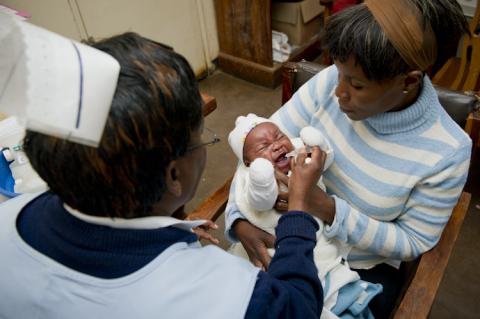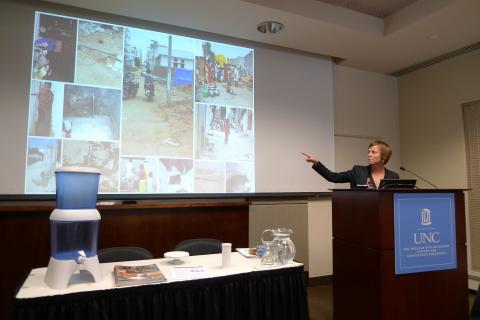Filter Blog by:
Showing 461 - 470 of 630
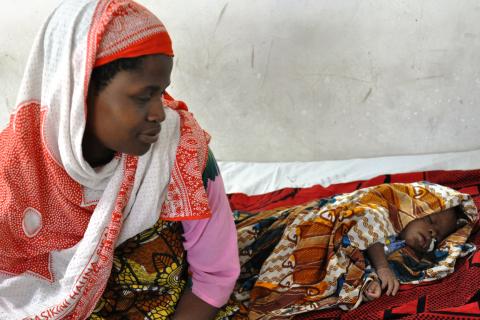
Dec 05, 2012
A mother cares for her baby, suffering from severe diarrhea, at the gastroenteritis ward in Dar-es-Salaam's Muhimbili hospital.
As a pediatrician in Tanzania, my days are spent making individual children healthy and working to save their lives. But
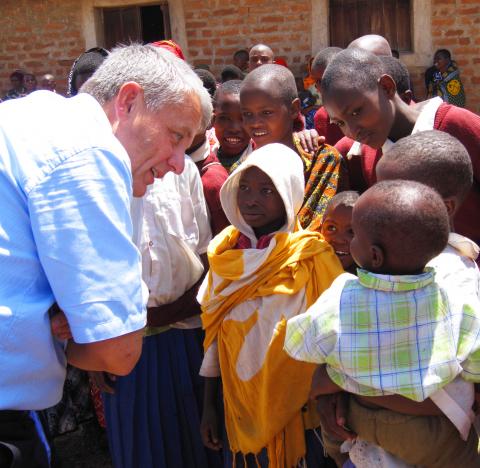
Nov 29, 2012
As I was writing my new book, my granddaughter of 6 asked me what I was up to. I am writing my book, I said. What is it on? She asked. On what grandpa thinks is most important. Do you know what grandpa thinks is most important? That the children
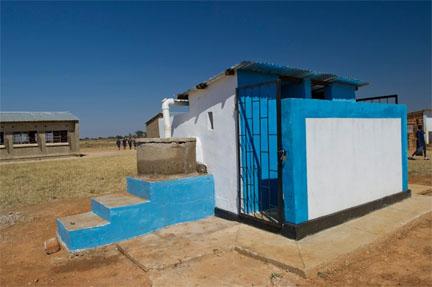
Nov 21, 2012
Originally published on Politics Home.
I would like to take this opportunity to welcome World Toilet Day, an annual event which takes place on the 19th of November to highlight the fact that many people in the developing world lack access to a
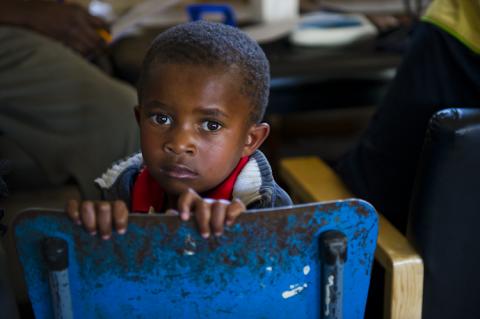
Nov 20, 2012
Did you see the blog posts yesterday (World Toilet Day) from elected officials in the United States reminding us of the importance of safe toilets for the health and safety of children and communities? Oh, that's right, there weren't any.
Nov 19, 2012
The sanitation problem is huge - if you're reading this blog you're probably well aware that 2.5 billion people, or one in three people in the entire world, don't have access to a clean toilet. That leads to a hell of a lot of diarrhea-related
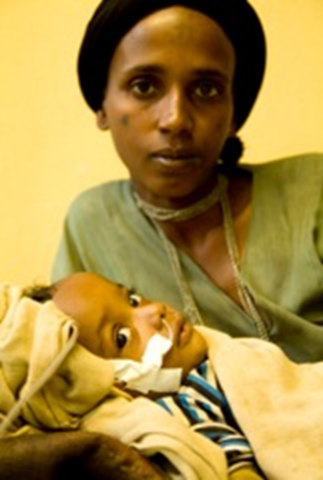
Nov 12, 2012
On a recent visit to a local children's ward in the northern part of Ethiopia over 70% of the children were suffering from pneumonia. When a child in this region goes to the hospital, most often the parents move in as well, sleeping in the same
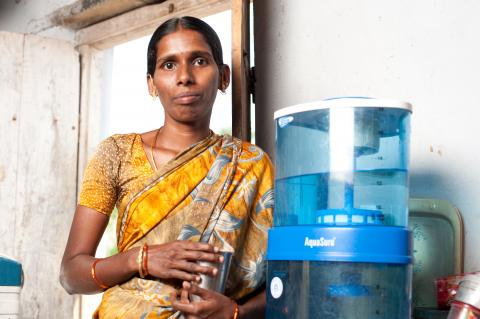
Nov 05, 2012
PATH's Safe Water Project summarizes its findings in a new publication.
If households living on just a few dollars per day can purchase soap, shampoo, and cell phone minutes, they ought to have access to products that purify their drinking water.
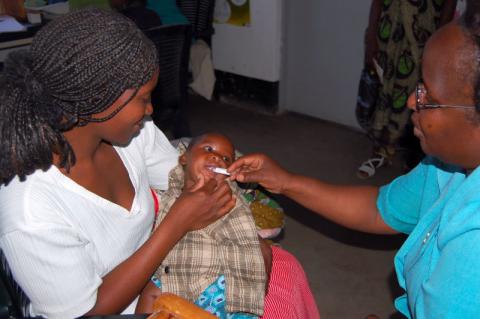
Oct 29, 2012
Malawi was a groundbreaker: The first developing country where research definitively proved that rotavirus vaccines will save lives in the world's most challenging settings. A study in Malawi and South Africa garnered the first figures on






